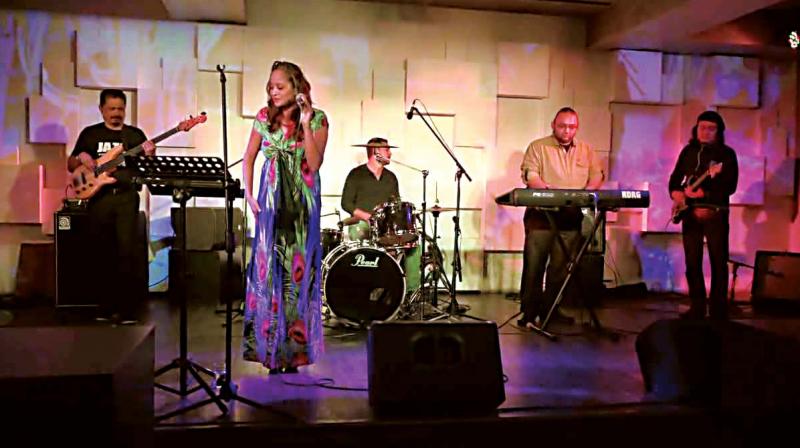The day, the music died
Most people in Bengaluru don't have Occupancy Certificates.

A lull descends over the usually lively Central Business District, odd for a Thursday evening. This seems to be a sign of things to come, however, with pubs and music venues being told to stop on performances and loud gigs. In the same unplanned quietude, a petition with some 15,000 signatures already on it is doing the rounds in support of one community that has been forgotten in the administrative mayhem. “It is such blatant disregard of the fact that music is a livelihood,” says Debjeet Basu of the band Perfect Strangers. Basu is the man behind the petition too, with venue owners scrambling to produce the almost mythical Occupancy Certificate, these structures are collapsing also.
To musicians, the trouble lies in the fact that venues which support live bands do tend to serve alcohol, the point of contention between the Supreme Court ruling, the city police and local businesses. “The trouble is the total absence of rule of law and the absence of people enforcing it,” says urban expert V. Ravichandar. “Most people in Bengaluru don’t have Occupancy Certificates anyway.” This is part of the license venues have been told to obtain in order to legally host live bands.
“Venues have been allowed to function in this manner for ten years. Why was it allowed to happen for so long before they suddenly decided on a moral high ground? Asking for the Occupancy Certificate is quite illogical also,” says Basu. “We don’t have any other place to, venues that don’t serve alcohol don’t usually support live bands. The larger ones are simply out of our reach. The worst part is there isn’t much we can do now apart from show our protest and hope that the online petition gets enough signatures to get authorities’ attention.”
The issue goes back to 2005 and the decidedly Mumbai social convention of dance bars. Dancing women drew a wide variety of clientele, from petty criminals to top businessmen, until activists began to address them as socially immoral and offensive to women. In 2013, seven years after they were banned, the Supreme Court allowed these establishments to open provided they have licenses under which several local venues in areas like Indirangar also operate. The current allegation that live music venues which serve alcohol contribute to a rise in crime also goes back to the 1990s, the heydey of the dance bar culture. Social activists soon took offense to women dancing to lewd audiences, calling them immoral.
“Calling us dance bars is ridiculous,” says a venue-owner in Indiranagar, on condition of anonymity. “It’s almost laughable because those dance bars actually function outside the law and continue to do so, ban or no ban. We’re the ones in trouble, running around for an O.C. that nobody in the city has anymore. Yes, business is down, everything is down.”
On Sunday, protestors will gather at Vapour in Indiranagar, to show their support for the live music community. Planned by The Humming Tree, a popular music venue that is now hosting theatre and standup shows instead, musicians, venue owners and lovers of music will come together to show support for the city’s music circles.
What: ‘Protest Against Live Music Ban’
When: Sunday July 29, 5 pm
Where: Vapour Pub & Brewery

